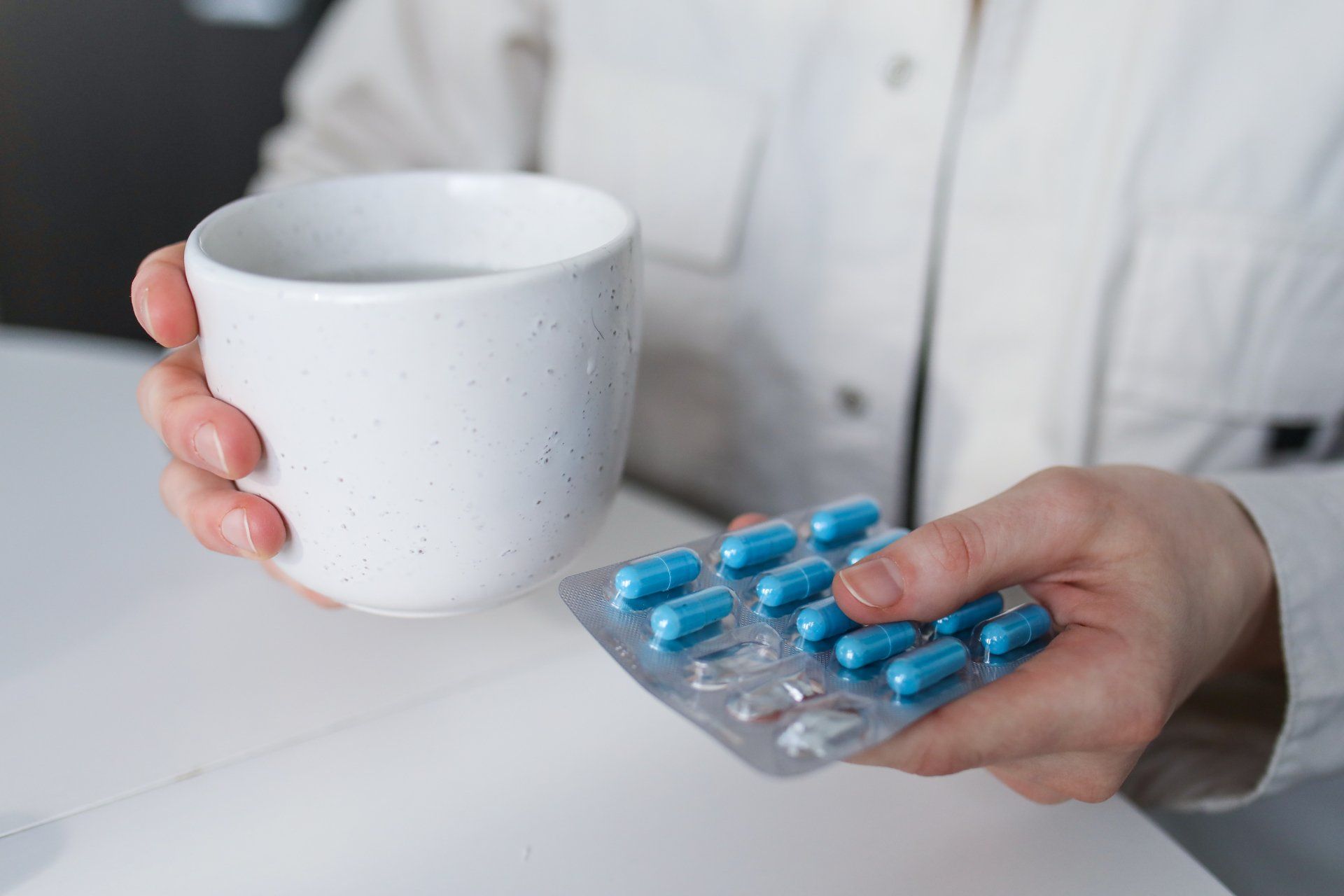4007 BRIDGEPORT WAY W, SUITE B UNIVERSITY PLACE, WA 98466
Major Depressive disorder and TMS
Major depressive disorder (MDD) and tms

Major Depressive Disorder (MDD), also known as clinical depression, is a mental health disorder characterized by persistent feelings of sadness, hopelessness, and or loss of interest in activities that were once pleasurable. It can also cause physical symptoms such as sleep disorders, reduced appetite, weight loss, and tiredness. The exact cause of MDD is often unknown, but it can be influenced by a combination of genetic, environmental, and psychological factors.
In terms of brain chemistry, it was previously suggested that having too little of certain substances in the brain, called neurotransmitters, could contribute to the onset or worsening of depression. These neurotransmitters, such as serotonin and norepinephrine, are known to regulate mood and behavior.
Antidepressants, including Selective Serotonin Reuptake Inhibitors (SSRIs) and others, work by altering the levels of these neurotransmitters in the brain. For instance, SSRIs block the reabsorption of serotonin, a neurotransmitter that can affect mood. The idea was that increasing serotonin levels could help improve mood and relieve symptoms of depression.
However, recent research indicates that depression is likely not the result of chemical imbalances in the brain. The belief that chemical imbalances cause depression is still widely held by the general public, but the scientific and medical community has been moving away from this explanation.
Transcranial Magnetic Stimulation (TMS) is another treatment option, especially for those who have not responded adequately to medications. TMS is a non-invasive procedure that uses magnetic fields to stimulate nerve cells in the brain to improve symptoms of depression.
Comparing TMS to medication, studies have shown that TMS has a higher response rate (some improvement) and remission rate (full improvement) following an initial treatment course and over a 12-month follow-up period. About 60% to 75% of people with depression who have tried but not experienced adequate benefit from medications report a clinically meaningful response to TMS. About 30% to 35% experience remission (their symptoms go away entirely). This response is not permanent but can last months to over a year.
It's important to note that Brains Way TMS is FDA approved and has shown great response in treating MDD and other mood disorder. Try TMS therapy today.
Ready to get started?
Our commitment at NeuroSync TMS Therapy is to enhance the mental wellness of our community in Pierce County. We specialize in providing customized treatment plans to help you achieve a life that you can be proud of.
Our team is dedicated to assisting you in finding the mental wellness you deserve, whether it's for anxiety, depression, PTSD, OCD or other mental health concerns.
MAIN LINKS
4007 BRIDGEPORT WAY W, SUITE B
UNIVERSITY PLACE, WA 98466
MON - FRI: 9AM - 5PM
SATURDAY: CLOSED
SUNDAY: CLOSED
ALL RIGHTS RESERVED NEUROSYNC TMS THERAPY




